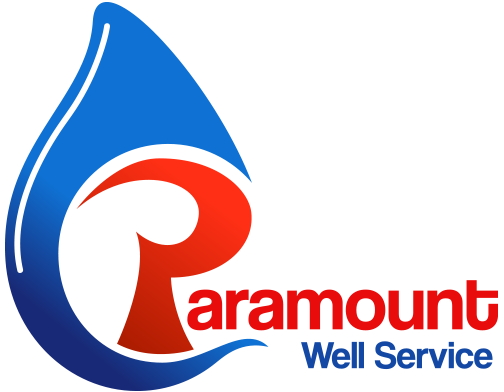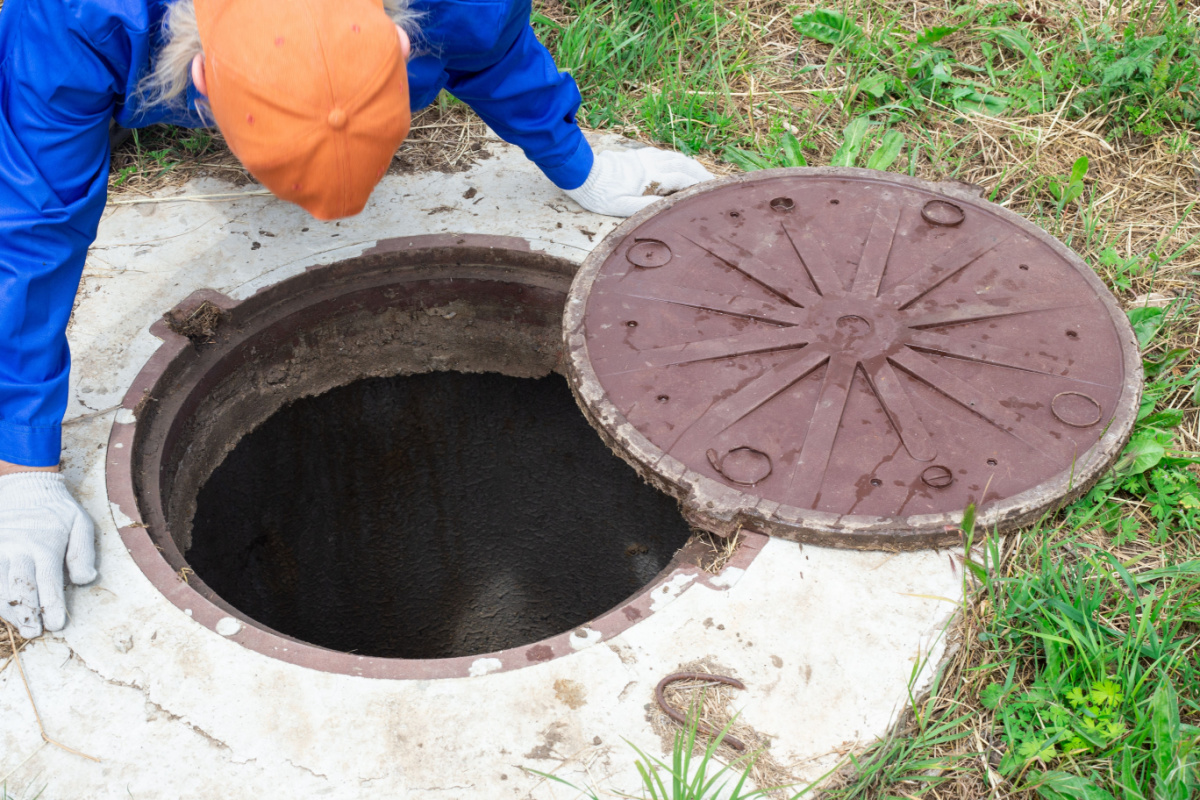When it comes to our water supply, we often take its reliability and safety for granted. However, for households relying on a private water well system, emergencies can occur that disrupt this vital resource. But what exactly qualifies as a water well emergency? This question is crucial for homeowners to understand in order to ensure a steady, clean water supply and to prevent minor issues from escalating into major problems.
From sudden loss of water supply to unusual changes in water quality, we aim to provide you with enough information that will enable you to manage your water well system more efficiently and effectively. So, whether you’re a seasoned well owner or new to the world of private water supplies, equip yourself with the knowledge necessary to handle water well emergencies.
Identifying Common Signs of a Water Well Emergency
The initial signs of a water well emergency may be difficult to recognize or process, especially if they were driven by much less serious causes in the past. This may be true, but the best way to remedy issues with your water wells is to recognize the signs of an emergency. As such, we’ll break down some of the most common indicators that your well system may be in distress:
- Sudden Loss of Water Supply: If your taps run dry without an apparent reason, it could indicate a problem with your well pump or a blockage in your plumbing system. This is a clear sign of an emergency requiring immediate attention.
- Changes in Water Quality: A noticeable difference in your water’s taste, color, or smell can be a sign of contamination. This could result from a damaged well casing, a failing septic system, or surface water infiltrating your well.
- High Electricity Bills: If you notice a sudden spike in your electricity bill, it may be due to your well pump running continuously. This could be caused by a leak in your system, a malfunctioning pressure switch, or a waterlogged pressure tank.
- Air Spitting from Faucets: When air bubbles accompany the water coming out of your faucets, it could suggest an issue with your well pump or a drop in the water level in your well.
- Noisy or Constantly Running Well Pump: A well pump that makes unusual noises or runs continuously can indicate a variety of issues, including a broken check valve, a water leak, or an issue with the pressure tank.
- Low Water Pressure: If your water pressure has dropped significantly, it could signify a problem with your pressure tank, a clogged pipe, or a failing pump.
Dealing with Sudden Loss of Water Supply
Dealing with a sudden loss of water supply from your well can be distressing, but knowing what to do immediately can help alleviate the stress. First, check your circuit breaker to ensure your well pump has power. If this isn’t the issue, inspect your pressure tank; if it reads below 20 psi or feels light when tapped, it might be waterlogged. Also, check for visible leaks in your well pump, pressure tank, and pipework.
If these inspections don’t reveal the issue, your well pump itself could be the culprit. However, if you cannot identify or fix the problem, it’s always best to call on a commercial or residential water well service to diagnose and remedy the issue. Water well systems are complex, and attempting repairs without proper knowledge could lead to further complications.
The Dangers of Contaminated Water from Your Well
Contaminated water from your well can pose significant health risks. Runoff from rainfall or snowmelt can introduce harmful microorganisms into the well system, potentially causing gastrointestinal illnesses, neurological problems, and diseases like diarrheas, dysenteries, salmonellosis, hepatitis, and giardiasis. Furthermore, common contaminants in well water include iron, lead, arsenic, bacteria, volatile organic compounds (VOCs), nitrates, and fluoride. Nitrates, often found in fertilizers and animal waste, can lead to toxicity if untreated well water is consumed. In addition, your well water can be contaminated with harmful germs or chemicals that could render your neighbors’ water unsafe. Therefore, it’s vital to regularly test your well water and take necessary precautions to ensure it remains safe for use.
Solve Your Well Emergencies With Paramount Well Service
Understanding what qualifies as a water well emergency is vital to maintaining a safe and reliable water supply in your home. By recognizing these signs early, you can prevent minor issues from escalating into major concerns that could compromise your entire water system. If you’re experiencing any of these issues or have concerns about your water quality, don’t hesitate to reach out to Paramount Well Service — a family-owned and operated well service with over three decades of experience. For more information on how to address water well issues, contact us today to request a consultation and learn more about solutions like our water treatment services.




